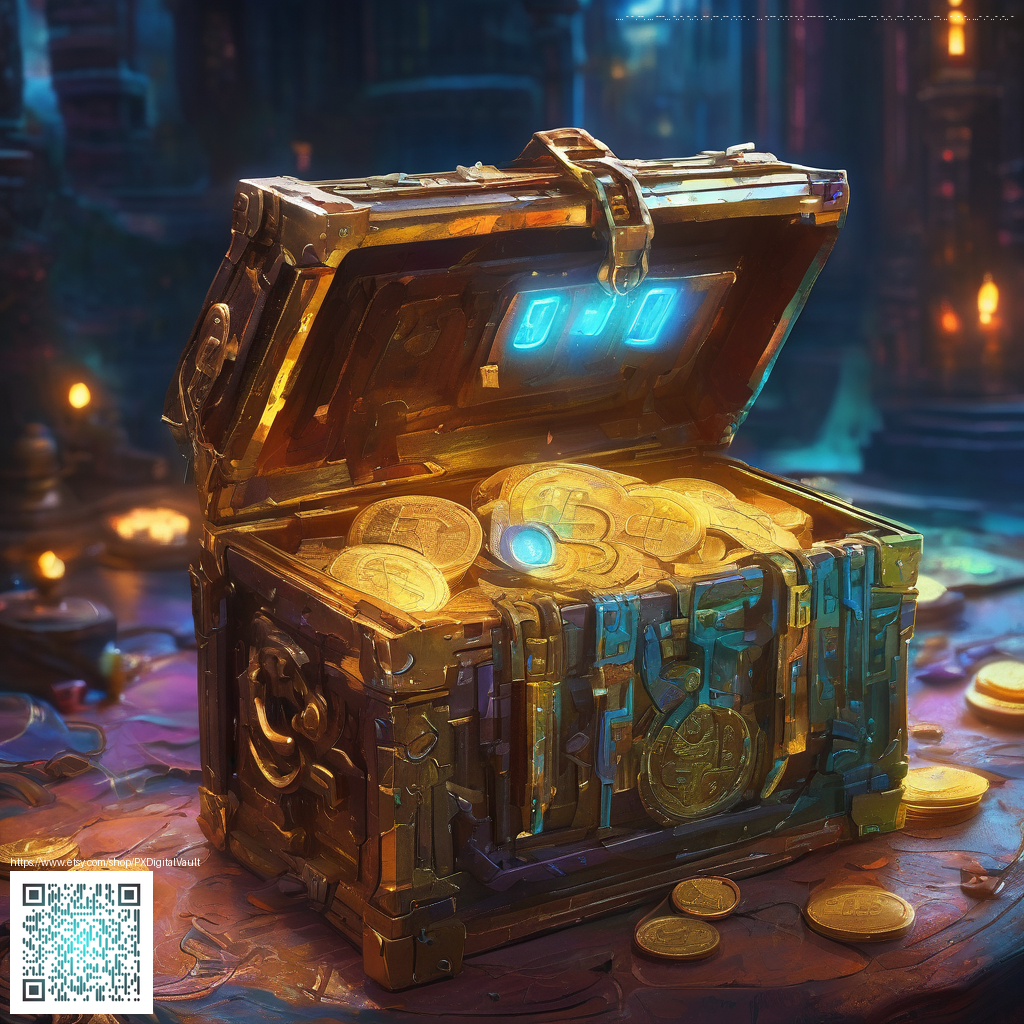
DayZ and the Rise of PC Survival Culture
In the early days of open world survival on PC a single mod sparked a movement that reshaped how players think about risk cooperation and storytelling. The project started with a rough ambition to simulate scarcity at scale and it quickly became a proving ground for emergent play. Communities formed around makeshift camps tense standoffs and impulsive trades which added a human layer to the harsh environment. The result is a lasting cultural shift that still echoes through contemporary multiplayer titles.
From its public debut to the more polished standalone phase the game has pressed developers and players to embrace uncertainty. Players learned to adapt to changing loot pools evolving weather conditions and unpredictable human actors as part of the core loop. That design philosophy created a social ecosystem where every raid withdrawal or alliance becomes a piece of a larger shared narrative. The thrill comes not from a scripted moment but from the players input and the world response to it.
Gameplay analysis
The core mechanics emphasize scarcity and consequence. Loot is unevenly distributed forcing teams to decide when to push for gear or retreat to regroup. This tension elevates every encounter from a simple skirmish into a test of strategy and nerve. Permadeath is not just a feature it is a narrative device that drives every decision players make both short term and long term. The tension is not about winning a fight it is about surviving the next hours with your crew intact.
- Risk versus reward drives server behavior and location choices. Players often weigh the cost of a risky foray against potential gains in a way that mirrors real life decision making. This creates dynamic camps fortifications and supply chains that shift with player activity.
- Social dynamics power the world map. Cooperation and betrayal are equally possible and the line between ally and threat is always blurred. The result is a thriving ecosystem of stories that players retell across streams and forums.
- Player driven world state with events triggered by player presence rather than scripted NPCs. This fosters anticipation and improvisation as factions rise and fall based on real time choices.
Community insights
The survival sandbox has always thrived on community innovation. Dedicated servers host role playing communities where people become traders medics scouts and leaders of improvised factions. People script events and events grow into traditions from scavenger runs to long term supply runs that shape local economies. The culture is less about a single moment and more about the ongoing record of what players build together in a world that feels mine and yours at once.
Content creators have played a key role in shaping perception and accessibility. Twitch streams and YouTube clips turned tense standoffs into shared viewing experiences turning survival into spectator sport while still honoring the core challenge. The community has also embraced a robust modding scene that expands the pallet with new gear survival tweaks and map options. This culture of experimentation continues to influence new titles in the genre offering a blueprint for how games can evolve through user led creativity.
Bohemia Interactive has highlighted that the aim is to empower players to craft their own stories within a living world a principle that resonates through the modding scenes and community led events
Update coverage and developer commentary
Updates have come in regular waves as the game matured from an ambitious mod to a full fledged standalone experience. The patch cadence has balanced bug fixes with new systems and quality of life improvements while keeping the core tension intact. Developers have also engaged with players about long term goals allowing players to influence the direction of future features through feedback channels and transparent discussions. The ongoing commitment to refining balance and expanding possibilities signals a dedication to keeping the survival premise fresh rather than resting on early success.
Historically the transition from mod to standalone involved a wider audience and additional constraints which in turn spurred creative responses from the community. The result is a culture that values resilience problem solving and adaptive play styles. The ecosystem rewards experimentation and careful planning and it remains a beacon for players who want to push a game past its original boundaries while staying true to the communal spirit that started it all. 💠
Beyond the maps and loot tables the enduring impact lies in how players talk about the game. Forums and in game chats emphasize empathy and caution. Players learn to read environments to anticipate threats and to respect the drama that unfolds when a small mistake spirals into a dramatic encounter. This mindset has spilled over into other titles where teams coordinate complex strategies with limited resources and high risk conditions. The culture has become a living case study in why multiplayer worlds matter and how social design can elevate a sandbox into a shared experience.
Support Decentralized Gaming